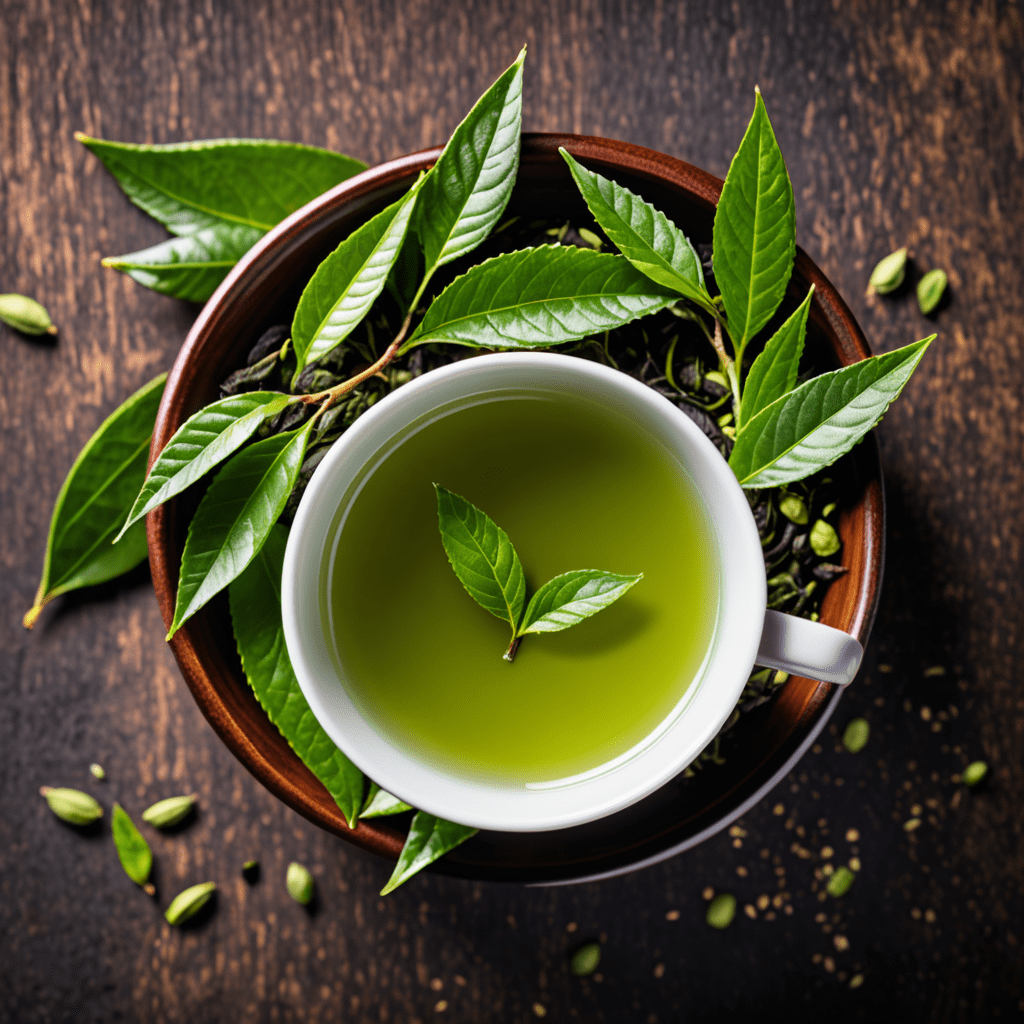1. Introduction: The Allure of Ceylon Tea
Ceylon tea, renowned for its exquisite flavors and celebrated traditions, is a testament to Sri Lanka's rich heritage. As one of the world's leading tea producers, the country holds a special place in the annals of tea culture. From the verdant tea gardens that blanket its landscapes to the meticulous craftsmanship involved in its production, Ceylon tea embodies a legacy of excellence that has captivated tea enthusiasts worldwide.
2. Historical Roots: Tracing the Origins of Ceylon Tea
The origins of Ceylon tea can be traced back to the mid-19th century when Scottish planters introduced tea bushes to the island. The favorable climate and fertile soils of Sri Lanka proved to be an ideal environment for tea cultivation, and the industry rapidly flourished. By the early 20th century, Ceylon tea had gained global recognition for its superior quality and distinct flavors.
3. The Art of Tea Cultivation: From Field to Factory
The production of Ceylon tea is a meticulous process that begins in the tea fields. Expert tea pluckers carefully handpick only the finest two leaves and a bud from each tea bush, ensuring the highest quality. After plucking, the leaves are withered, rolled, oxidized, and dried using traditional methods that have been passed down through generations. The result is a tea that is rich in flavor, aroma, and character.
4. Traditional Tea Preparation: A Ritual Honored by Time
The preparation of Ceylon tea is a ritual in itself, infused with tradition and ceremony. Loose tea leaves are typically brewed in a teapot using boiling water. The steeping time varies depending on the desired strength, with longer steeping times producing a more intense flavor. The tea is then poured into cups and enjoyed with or without milk or sugar, allowing the delicate nuances of its flavor to shine through.
5. The Seven Regional Flavors: A Sensory Journey Through Ceylon
Sri Lanka's diverse geography gives rise to seven distinct regional flavors of Ceylon tea, each with its own unique character. From the light and delicate teas of Nuwara Eliya to the robust and full-bodied teas of Uva, these regional variations offer a sensory journey through the island's varied landscapes and offer something to delight every palate.
6. Tea and Society: The Cultural Significance of Ceylon Tea
Ceylon tea is deeply woven into the fabric of Sri Lankan society, serving as a symbol of national pride and unity. It is an intrinsic part of social gatherings, celebrations, and religious ceremonies, where it is used to foster connections and create a sense of community. The tea industry has also played a significant role in the country's economy and employment, providing sustenance to countless individuals and families.
7. The Rise of Specialty Teas: Innovation Within Tradition
In recent years, the Ceylon tea industry has witnessed a surge in the popularity of specialty teas. These teas are characterized by their unique flavor profiles, such as floral, fruity, or spicy notes, and are often produced in limited quantities. They cater to a growing demand for premium tea experiences and represent the industry's ability to adapt and innovate while staying true to its traditional roots.
8. Sustainable Practices: Preserving Ceylon’s Tea Legacy
Sustainability is a cornerstone of the Ceylon tea industry, with many producers adhering to strict environmental and social standards. They employ eco-friendly practices that minimize their impact on the environment, such as water conservation, biodegradable packaging, and responsible waste management. By protecting the natural resources on which the industry depends, they ensure the continued production of high-quality Ceylon tea for future generations.
9. The Global Reach of Ceylon Tea: An Ambassador of Heritage
Ceylon tea has gained worldwide acclaim, becoming a symbol of quality and authenticity in the global tea market. It is exported to over 100 countries, where it is enjoyed by tea enthusiasts who appreciate its distinct flavors and the rich heritage it represents. Ceylon tea has become an ambassador of Sri Lanka, showcasing the country's commitment to excellence and promoting its cultural heritage on a global scale.
10. Conclusion: The Enduring Legacy of Ceylon Tea Traditions
Ceylon tea is a testament to the enduring legacy of Sri Lanka's rich tea traditions. From its humble beginnings as an agricultural experiment to its global recognition as a symbol of quality, Ceylon tea has stood the test of time. It continues to be a source of pride for Sri Lankans and a delight for tea lovers worldwide. As the industry embraces innovation and sustainability, the future of Ceylon tea looks bright, ensuring that its unique flavors and traditions will continue to be treasured for generations to come.
FAQs
What is the difference between Ceylon tea and other black teas?
Ceylon tea is distinct from other black teas due to its unique growing conditions in Sri Lanka, which result in a variety of flavors and aromas. It is generally characterized by its bright, full-bodied flavor and complex notes.
How do you brew the perfect cup of Ceylon tea?
The perfect cup of Ceylon tea begins with using fresh, cold water. Bring the water to a rolling boil, then immediately pour it over the loose tea leaves in a teapot. Allow the tea to steep for 3-5 minutes, depending on the desired strength.
What are the health benefits of Ceylon tea?
Ceylon tea is known for its antioxidant properties, which may provide health benefits such as reducing inflammation, improving heart health, and boosting the immune system. It also contains caffeine, which can improve alertness and focus.


